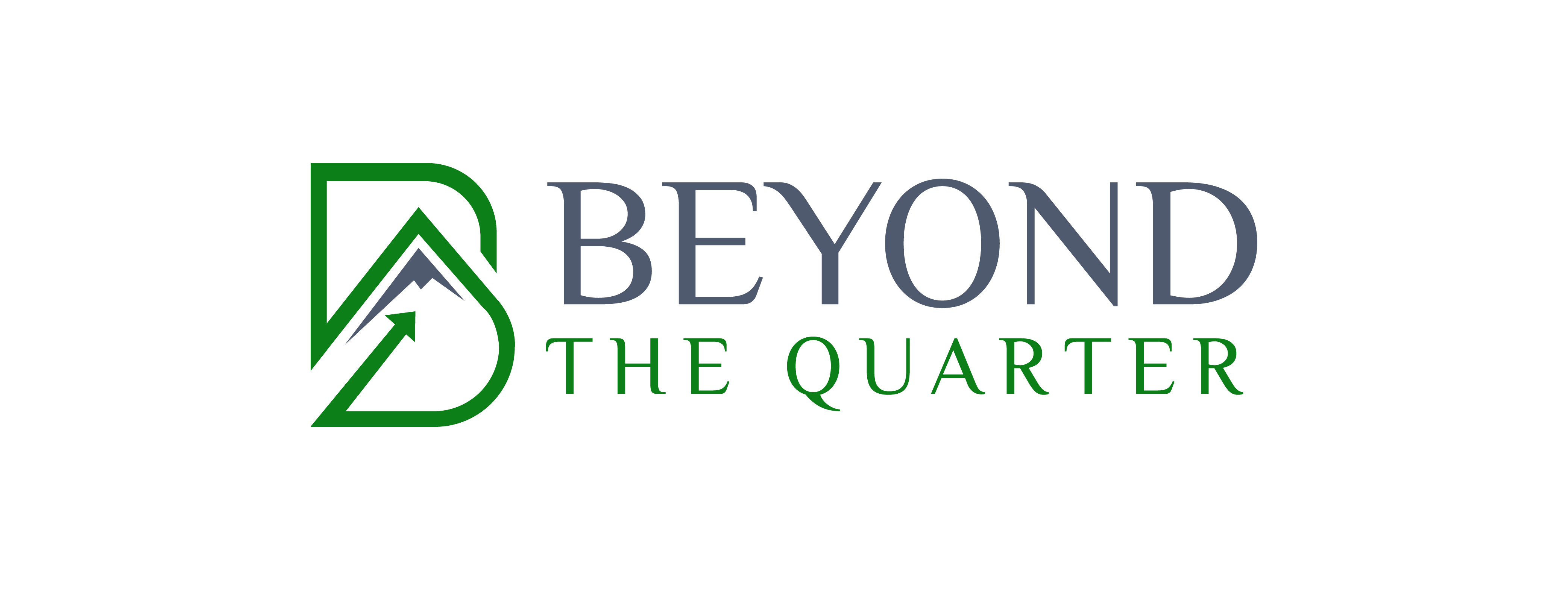There’s a great entrepreneurship analogy attributed to Toby Thomas EnSuite CEO. He talks about a man who’s riding a lion. All around him, everyone’s thinking “How cool, how brave! That guy’s got his stuff together and is riding a lion”.
Meanwhile, the guy on the lion is thinking “How the hell do I get off this without being eaten?”
Imposter Syndrome.
The condition of feeling like a fraud when all around you, people (and evidence) would suggest otherwise.
It’s incredibly common in the business leaders I work with, especially founder-CEOs. And I understand why.
For most, it’s the first time they lead their own company. And by definition, if they’re succeeding, with every passing month, it’s the biggest they’ve managed.
The company do now has a lot of people in it. Quite possibly some you’ve not met. Some who’ve been recruited by others without your involvement. When you go to speak, they’re paying more attention than for anyone else.
Or you’ve looked at the P&L. That monthly revenue number is not far off your annual one a few years back. So you wonder if you’re actually up to it. If you’ve accidentally lucked out. If actually it’s the others, and not you, who’ve made it happen really.
And then some online coach or other tells you you have imposter syndrome. The symptoms match. So that’s what you have. Imposter syndrome.
No. You. Don’t.
You don’t have any syndrome at all.
You’re simply growing. And as you grow, you break new boundaries. Which means you’re being tested in new ways.
That’s what growth is.
Let me put it another way. You’re in the gym. You’re doing some curls (choose your preferred limb!). The weight you’re doing is easy, so you add 2.5kg more. Now it’s hard. You’ve not curled this before.
So what do you do? Do you start calling “imposter syndrome?”
Or if you’re a parent, you’re seeing your child trying to take their first step. Walking from daddy to mummy. Falls flat on her nappied arse. Do you tell your baby “awe, you sweet thing, suffering imposter syndrome. Thinking you’re a walker when you’ve never done it before? Stop now before you’re discovered.”
If you did, I’d be on to social services to report you for playing psychological games on your child and blocking their growth.
Yet, and yet you think it’s OK to do that to yourself?
It’s not a syndrome. You’re growing. You have the perfectly human condition of feeling unsure about something new. You’re not as confident as you are when you do something you’ve done a thousand times. You’re having natural self-doubt, because that’s what happens when we push.
It’s not a syndrome. A syndrome is, to quote the dictionary, “a combination of medical problems that commonly go together and that show the existence of a disease:”
If that’s how you want to handle your growth, go fill your boots. And accept that they won’t get larger.
Alternatively, you could just say “I’ve just put another 2.5kg on the bar.” And start repping.
Words matter. If you call it a syndrome, it become permanent. You start believing you have a condition. You will be telling yourself that it may be incurable. So don’t go there. Don’t say those words.
Instead, call it the most natural human response to someone who is growing. Discomfort, some self-doubt, some humble acceptance that it’s a bit more than before. Yes to all of that. While you figure out how to grow through it and get to the next bit.
We’ve put a label on the most natural and human part of healthy professional growth, syndromised it, and debilitated ourselves along the way.
Flip your switch. Choose empowerment. Choose growth.
——
This rounds off the first 4 newsletters, looking at the inter-related topics of authenticity, vulnerability and imposter syndrome. And specifically, how they work with you as a company founder / CEO. If I were to summarise:
– Imposter Syndrome’s a fake. Stop using and thinking it, and recognise it’s “just” growth, be proud that you’re growing and own it.
– Vulnerability is useful when it’s about recognising you’re not invincible. But it’s not fine if you let it stray into leaving your team directionless and hopeless. You can be vulnerable, but need to match it with resourcefulness and optimism if you lead. It’s an extra pressure on you – welcome to leading!
– And although authenticity is critical – we should none of us be false in what we do – the key authenticity that especially founders / CEOs should obsess about is authenticity of values. Let those drive your behaviours and decisions – that’s the leader’s authenticity.
Next week we start to get more down and dirty into the detail of running a company with values. And why the professional wisdom on recruitment is the wrong way round.
How we can support you
- Join us to support you as you scale your company; create time to focus on the bigger picture; and keep values and purpose at the core.
- Subscribe to our Bite-Sized Business Tips - thought snippets for values-centred business leaders. Every few days, a short focussed read on a specific topic of how to lead a company that values both profit and purpose.
- Talk to us to explore how we can help you scale your company in the direction you want to take it.

